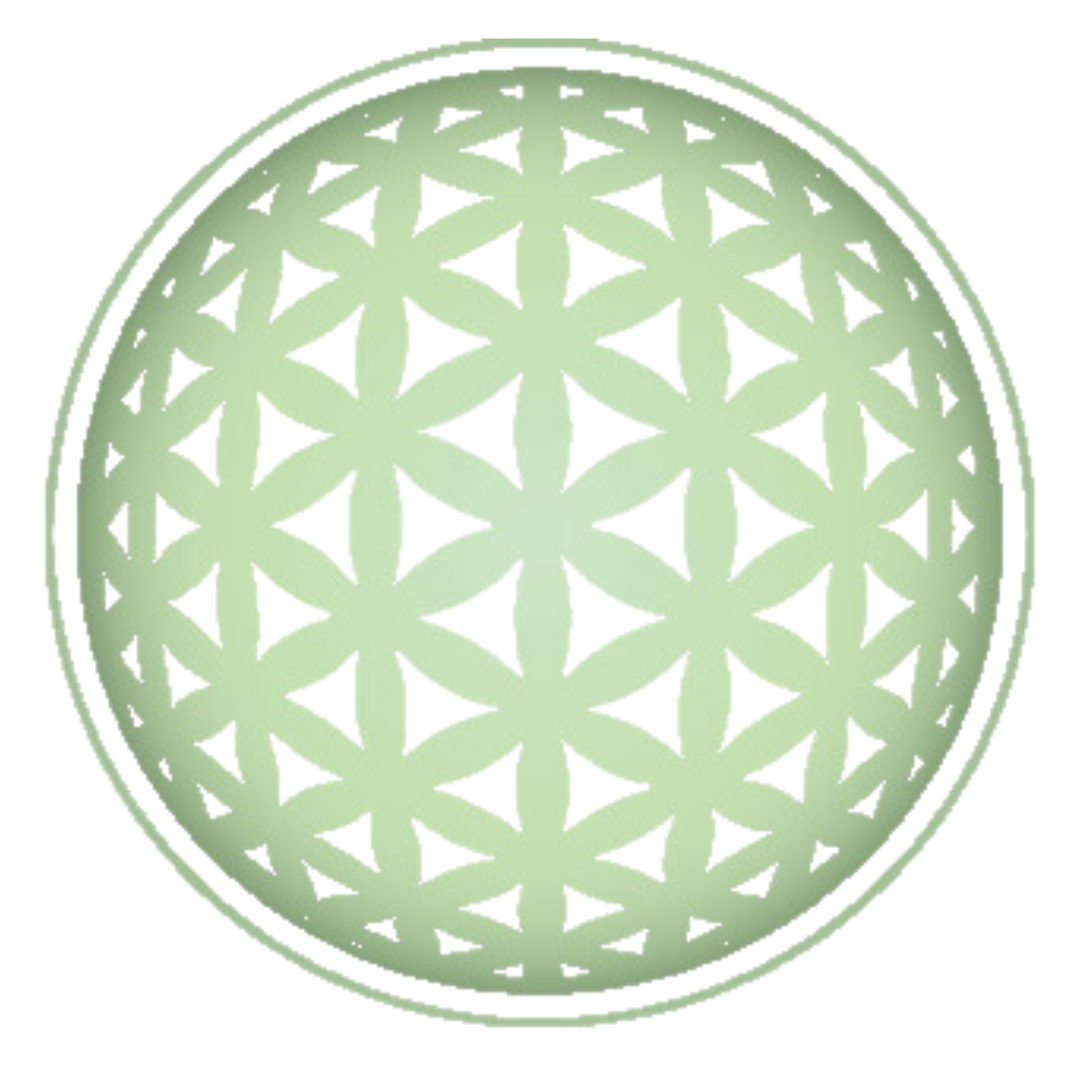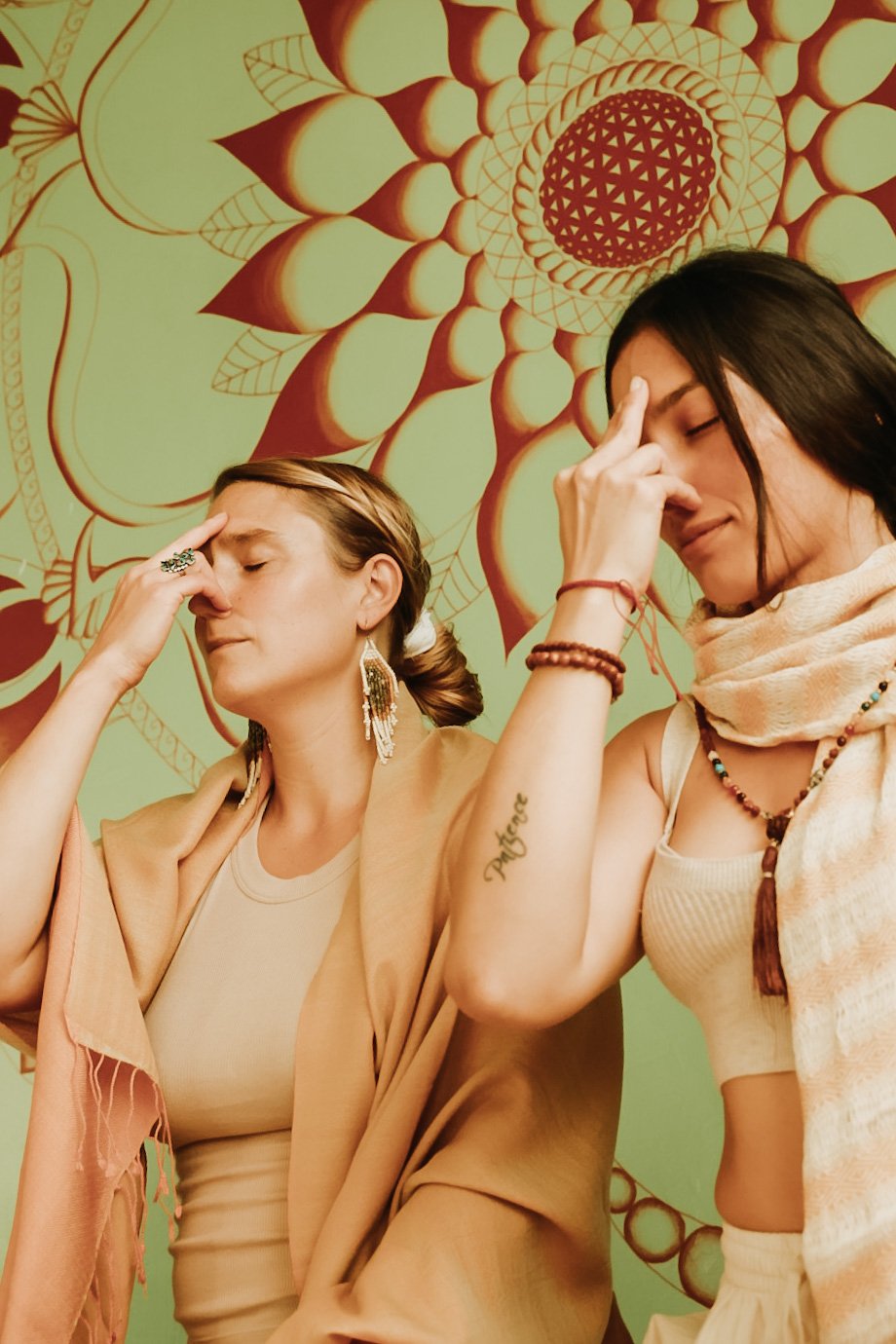The Kleshas - Causes of Suffering
Suffering is a part of the human experience. When identified solely with body and mind, we’ve forgotten our true Self as pure consciousness. As consciousness, the body/mind and events of life are merely an experience to have and let move through. However, when we believe to think the body and mind is all we are, everything that happens to us feels like it is US. Our inner state and perception is now only limited to the passing, uncontrollable phenomena of life. This forgetfulness of our true nature leads to suffering based on the unstable cycles of mind it induces.
In Patanjali’s Yoga Sutras, these cycles of mind that create suffering are listed as The Kleshas. Klesha is Sanskrit for affliction, or obstacle. By learning about The Kleshas, it gives us awareness to our own mind, and and an opportunity to move past these obstacles. By awakening to how our minds cause us suffering, we will have the roadmap to go beyond and release it.
The Kleshas:
Avidya - Spiritual Ignorance
This first affliction is said to be the biggest of them all, and all other Kleshas stem from this root. Avidya is the ignorance of our true self. It is our primal disconnection from Source. We’ve forgotten we are spiritual beings having a human experience. Instead of resting as the peaceful back drop to all of Life’s experiences, we are flung around from the dramas of life because we believe that’s all there is. However, according to Yogic philosophy, our deepest nature is consciousness itself. We are the container for all of life’s ‘contents’ to move through. By becoming aware of our true essence, this Klesha will dissolve.
Asmita - Egoism
The ego is our own individual programming. It is a culmination of beliefs and thoughts, mainly influenced from memories, social conditioning, and culture. It is the personality we’ve created to interact with the world through. This conditioning isn’t bad, and is actually very important. As developing humans, we needed to learn right from wrong. It was vital to learn how to cross the street, make friends, and express our needs. We need the ego to relate with others and express our own dharma, our unique contribution back to the world.
The ego only becomes a problem when we believe it is the totality of who we are. When we hold tightly to our thoughts, beliefs, and opinions to be an extension of ourself. This leads to complications, as we live in a world where those will be challenged as others have a different make up than ours. Additionally, some of our conditioning may have been helpful at one point in time but may be not serving in the present moment.
It is wise to hold the egoic associations lightly. To not believe it is the totality of your self, but merely an ever changing lens to try on and play and express through. The more flexible the ego can be, the more it can serve you rather than lead to suffering.
Raga & Dvesha - Attraction & Aversion
When we have forgotten who we are as the container for all experience and are identified as the mind, our inner wellbeing is completely susceptible to the happenings of life. Instead of resting as the peaceful backdrop for all experiences, we get flung back and forth between life’s highs and lows. Out of survival, we then tend to control life so we can feel pleasure and avoid pain. Since life’s circumstances determine our inner state here, we will do everything we can to feel good and avoid what doesn’t. Instead of being open to life as it comes, we then try to control life to meet our desires so we always feel good.
This in itself is problematic. We start to avoid half of life and push away the inevitable aspects. How can we feel whole if we’ aren’t opening up to life in its entirety? We may start to keep grasping for more things that bring us joy so we can avoid the other feelings - more money, cars, vacations, partying, etc. just so we can feel at ease. However it never works permanently, because the problem was never in anything we were lacking. The problem was never about what was wrong with life. We feel unease because we forgot we are consciousness experiencing life. We forgot that the thoughts of the mind and external circumstances don’t have to dictate how we are.
Abhinivesha - Fear of Death
Abhinivesha is the fear of death. This Klesha is said to be present even in enlightened beings, as it is a primordial survival instinct. It is present when we believe the body and mind is all we are. We become strongly attached because we believe when they die, we die. However, our true nature is eternal. It has been here before, during, and after experience through many life times. When abiding in the true self, fear of death dissolves.
Additionally, this Klesha can also refer to our ego’s fear of death. Our ego is alive through our self image, opinions, and thoughts. If those aspects change, our strong reactions occur because our ego is being threatened. This leads to suffering because we constantly need to defend and protect this illusory sense of self.
Knowing the problem offers the solution.
The Kleshas are meant to wake us up to the cycles of our own mind. To catch our self imposed suffering tendencies in action so we can set them down. In doing so, we move beyond these habits.
Additionally, it is okay that we have ‘forgotten’. We have and always will be connected to source - even when we don’t realize. Our human journey is intended for this purpose - to forget, so we can have the experience of remembering we are divine, remembering we are Source expressing itself through us.

